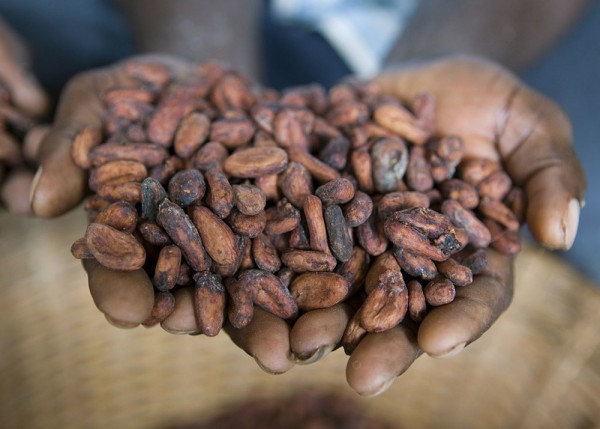Foreign exporters in Ivory Coast have halted the purchase of cocoa beans since at least a month ago over a pricing dispute, according to two people familiar to the matter.
The Gepex group, a consortium of international shippers who buy most of the cocoa in the world’s top producer, is insisting on getting a discount on cocoa due to slowing demand for the key chocolate ingredient amid the coronavirus pandemic, said the people, who asked not to be identified because the matter is private.
The group’s members offered to pay 20 to 50 pounds per ton for the country differential, a premium paid for quality on top of future prices, instead of the current 70 to 100 pounds per ton, the people said. The situation has reached a deadlock, one of them said.

Gepex members are refusing to pay the full amount on the portion of beans that haven’t yet been sold for the annual season that started this month. The industry regulator, Le Conseil du Cafe-Cacao, has sold 1.45 million tons of the forecast 1.7 million tons for the six-month harvest that started this month.
A spokeswoman for the regulator declined to comment and calls to Gepex went unanswered.
This country differential is one of three key components that make up the price Gepex members pay for cocoa beans. The other two are the cost of futures and the living-income differential of $400 a metric ton.
The shippers, which include the local units of Cargill Inc. and Olam International Ltd., are losing 13 CFA francs ($0.02) per kilo and receiving fewer orders, one of the people said.
Cocoa futures have held up well this year despite the pandemic as uncertainty about elections in West Africa has supported prices. Still, the price of cocoa butter, which accounts for 20% of the weight of a chocolate bar, has plunged more than 17% this year amid global lockdowns.
A Bloomberg survey done before the season began forecast excess supplies of 200,000 tons, a four-year high, while Citigroup sees a 300,000-ton surplus.

Follow us on social media: